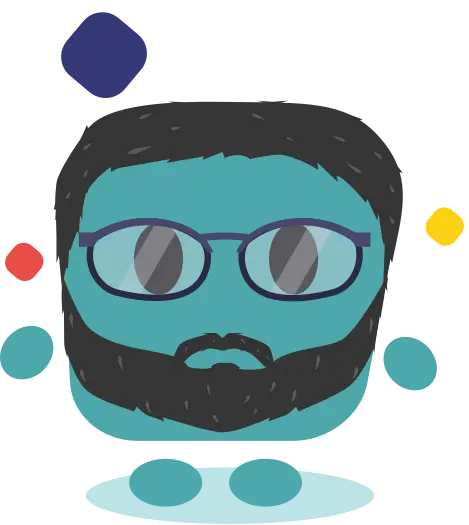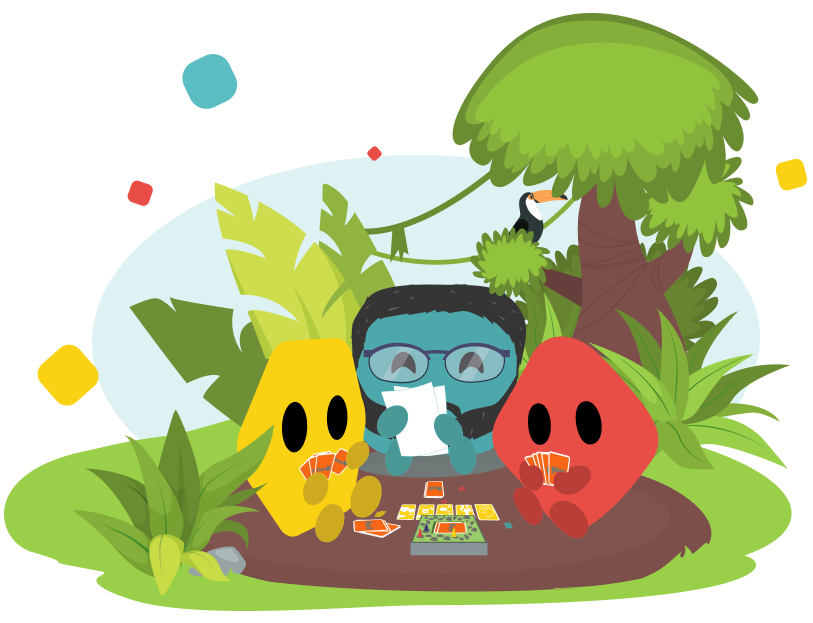- Project
- Underway
Playing in the Amazon: a strategy to develop scientific literacy with youth

Clever Gustavo de Carvalho Pinto PhD student in Biology
Clever Gustavo de Carvalho Pinto holds a master’s degree in Applied Ecology, and is a PhD student at the graduate program in biological sciences and health education at the Oswaldo Cruz Foundation. He teaches biology courses at the Federal Institute of Education, Science and Technology. He also participates in teaching, research and dissemination projects focusing on board games and education.
-
Project start date :
2024/05/01 -
Status :
Underway -
Research organization :
Federal Institute of Education, Science and Technology (IFAM) -
Team :
Dr Carolina Nascimento Spiegel (Federal Fluminense University, Oswaldo Cruz Foundation), Dr Martinho Correia Barros (Federal University of Amazonas, IFAM)
In 2023, Game in Lab selected Clever Gustavo de Carvalho Pinto’s project to assess the potential of modern board games and game design activities to develop the scientific culture and critical thinking of high school students in Amazonia. This project aims to develop popular and mediated access to scientific education in a population that may be deprived of it, while identifying possible connections between a scientific culture and a game culture.
Project overview
Amazonia is known for its rich biodiversity and its potential for sustainable development. However, due to a weak State presence, the population of this region is deprived of many fundamental rights, including education. This research project aims to empower young people by encouraging them to understand scientific and socio-environmental issues specific to Amazonia. The idea is to use modern board games to facilitate critical thinking, persuasive communication and actions related to local issues. Therefore, it evaluates the effectiveness of game design activities in developing the scientific culture of secondary school students.

Methodology
The protocol follows a participatory action research approach: high school students form the Game Research Group and meet during school holidays. Together, they participate in scientific culture workshops, critical analyses of modern board games for science teaching, game design activities to respond to local issues and validation of games created with other students. Content analysis is then performed based on field logs, recordings and focus groups.
Outcomes
The research project is ongoing. The results will encourage the development of research on the use of board games in science education, as well as in the appreciation and popularization of scientific research, scientific education and game culture.
